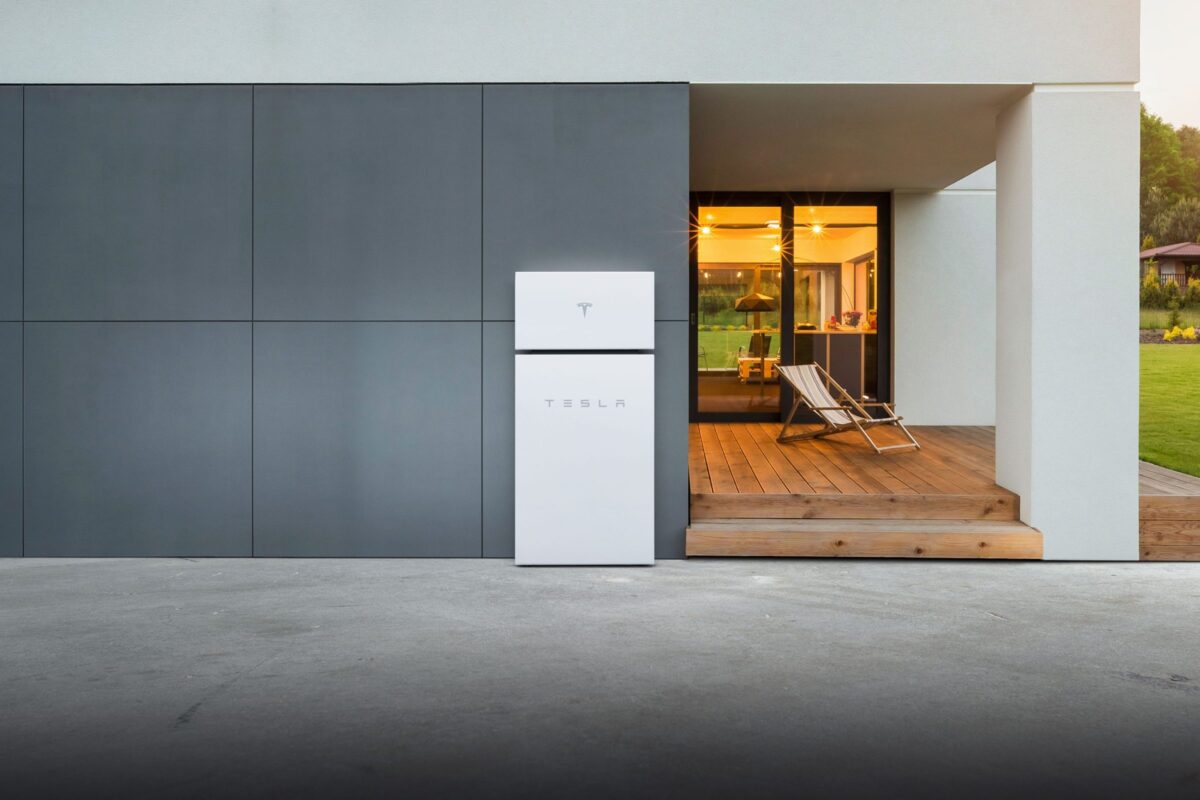The latest announcement in a rising wave of made-in-USA clean energy manufacturing comes from Mission Solar, which said it will add 1 GW of solar panel manufacturing capacity by 2024. The first wave of buildout will be a 300 MW annual production line that begins expansion in Q4 2022.
Mission Solar has been providing U.S.-made solar modules from its 246,000 square-foot Texas facility for ten years, and it now sets its sights on expansion as the energy transition ramps up in the U.S.
The company’s current offerings span residential, commercial, and utility-scale applications. The company offers a 72-cell, 435 W utility-scale module with 19.8% efficiency. It also has a 66-cell 400 W module for residential and commercial applications with 19.9% efficiency.
OCI Company, Mission Solar’s parent company in Seoul, South Korea will provide the polysilicon for the modules. The company said it prides itself on a quality product comprised of component parts sourced within a careful and conscientious supply chain.
Demand for U.S.-made solar panels are on a sharp rise following the passage of the Inflation Reduction Act (IRA). The act includes both project-based and production-based incentives, some of which require minimum amounts of domestic content to qualify for full credit value.
“By 2035, solar installations are expected to quadruple from current levels. At present, four percent of the electricity fed to American energy grids is generated by solar,” said Jae Yang, president and CEO of Mission Solar. “The U.S. aims to have 40 percent of its electricity generated by solar technology by 2035. These are exciting opportunities for us as a company. Additional motivated team members will be needed to help us build a greener future.”
The support of a U.S. supply chain is another key focus of the IRA. Each leg of the module supply chain, plus key balance-of-system components and energy storage are supported by direct tax credits. Some of the provisions in the IRA for manufacturing include:
- An investment of $30 billion in production tax credits to accelerate domestic manufacturing of solar panels, wind turbines, batteries, and critical minerals processing.
- A $10 billion investment tax credit to build clean technology manufacturing facilities, including those that make electric vehicles, wind turbines and solar panels.
Module-based incentives include:
- Manufacturing credit: 100% credit through 2029, 75% in 2030, 50% in 2031, 25% in 2032.
- Thin film photovoltaic cell and crystalline photovoltaic cell: $.04 per cell capacity in Wdc.
- Photovoltaic wafer: $12/sq. meter.
- Solar grade polysilicon: $3/kg.
- Polymeric backsheet: $0.04/sq. meter.
- Solar module: $0.07 per module capacity in Wdc.
Other PV-related manufacturing incentives include:
- Torque tube: $0.87/kg.
- Structural fastener: $2.28/kg.
- Central inverter: $0.0025 per capacity Wac.
- Commercial inverter: $0.015 per capacity Wac.
- Residential inverter: $0.06 per capacity Wac.
- Microinverter: $0.11 per capacity on Wac.
- Battery module: $10 per battery module capacity kWh.
- Critical mineral: 10% of costs incurred.
- Battery cell: $35 per battery cell capacity kWh.
“For the first time in decades, we have a meaningful policy to support not just using solar energy but making solar products here in the USA. This bill is a major step forward for energy independence and catalyzes the growth of a sustainable, resilient low-carbon solar supply chain by spurring much-needed expansion of domestic solar manufacturing,” said Michael Parr, executive director of the Ultra Low-Carbon Solar Alliance.
This content is protected by copyright and may not be reused. If you want to cooperate with us and would like to reuse some of our content, please contact: editors@pv-magazine.com.









By submitting this form you agree to pv magazine using your data for the purposes of publishing your comment.
Your personal data will only be disclosed or otherwise transmitted to third parties for the purposes of spam filtering or if this is necessary for technical maintenance of the website. Any other transfer to third parties will not take place unless this is justified on the basis of applicable data protection regulations or if pv magazine is legally obliged to do so.
You may revoke this consent at any time with effect for the future, in which case your personal data will be deleted immediately. Otherwise, your data will be deleted if pv magazine has processed your request or the purpose of data storage is fulfilled.
Further information on data privacy can be found in our Data Protection Policy.